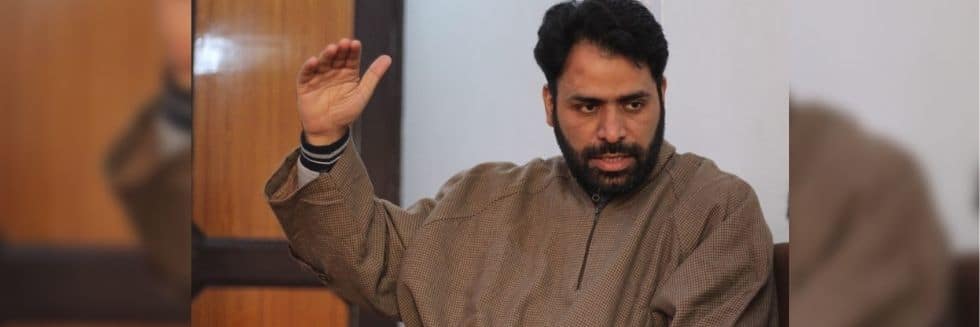The Supreme Court has on 5 March, commuted the death sentence granted to a man accused of abducting and killing three minor siblings in Ratanpur town of Chhattisgarh, in February 2011.
The bench comprising of Justices Uday Umesh Lalit, Indira Banerjee and M R Shah while observing the peculiar facts and circumstances of the case stated that the offense committed by the convict was under the influence of extreme mental or emotional disturbance. Thus, the bench then converted the death penalty to life imprisonment.
As per the facts of the case, Shivlal’s three children, Vijay (8-year-old), Ajay (6-year-old) and Kumari Sakshi (4-year-old) were allegedly kidnapped and murdered by his neighbor, Manoj Suryavanshi. As per reports, the accused Manoj believed that his wife had eloped with the brother of Shivlal, i.e. Shivnath. Angry and depressed with this, the accused took the three children to a nearby field, where he killed them by hitting them with stones. He was arrested the next day.
Manoj was later convicted under Section 302 (Punishment for murder) and 364 (Kidnapping or abducting in order to murder) of the Indian Penal Code, by the Trial court, which was later upheld by the High Court.
While confirming the concurrent conviction recorded by the High Court and the Trial court, the SC bench held that the accused was emotionally disturbed due to the elopement of his wife with the uncle of the deceased and that his children were suffering in the absence of their mother.
“The Judgment and Order passed by Trial Court and confirmed by the High Court convicting the accused for the offenses punishable under Sections 302 (murder) and 364 (abduction) of the Indian Penal Code is hereby confirmed. However, the death sentence imposed by the Trial Court, confirmed by the High Court is converted into life imprisonment,” stated the bench.
Referring to the judgment of Absar Alam vs. the State of Bihar, the bench asserted that the mental condition or state of mind of accused is one of the factors that can be taken into account in considering the question of sentence. It noted that it has come on evidence that the offence was committed under the influence of extreme mental or emotional disturbance and that the accused was emotionally disturbed due to the elopement of his wife with the uncle of the deceased and that his children were suffering in the absence of their mother with them.
Thus, the bench commuted the death sentence to life imprisonment and further held that there shall not be any remission till the accused completes 25 years of imprisonment.






